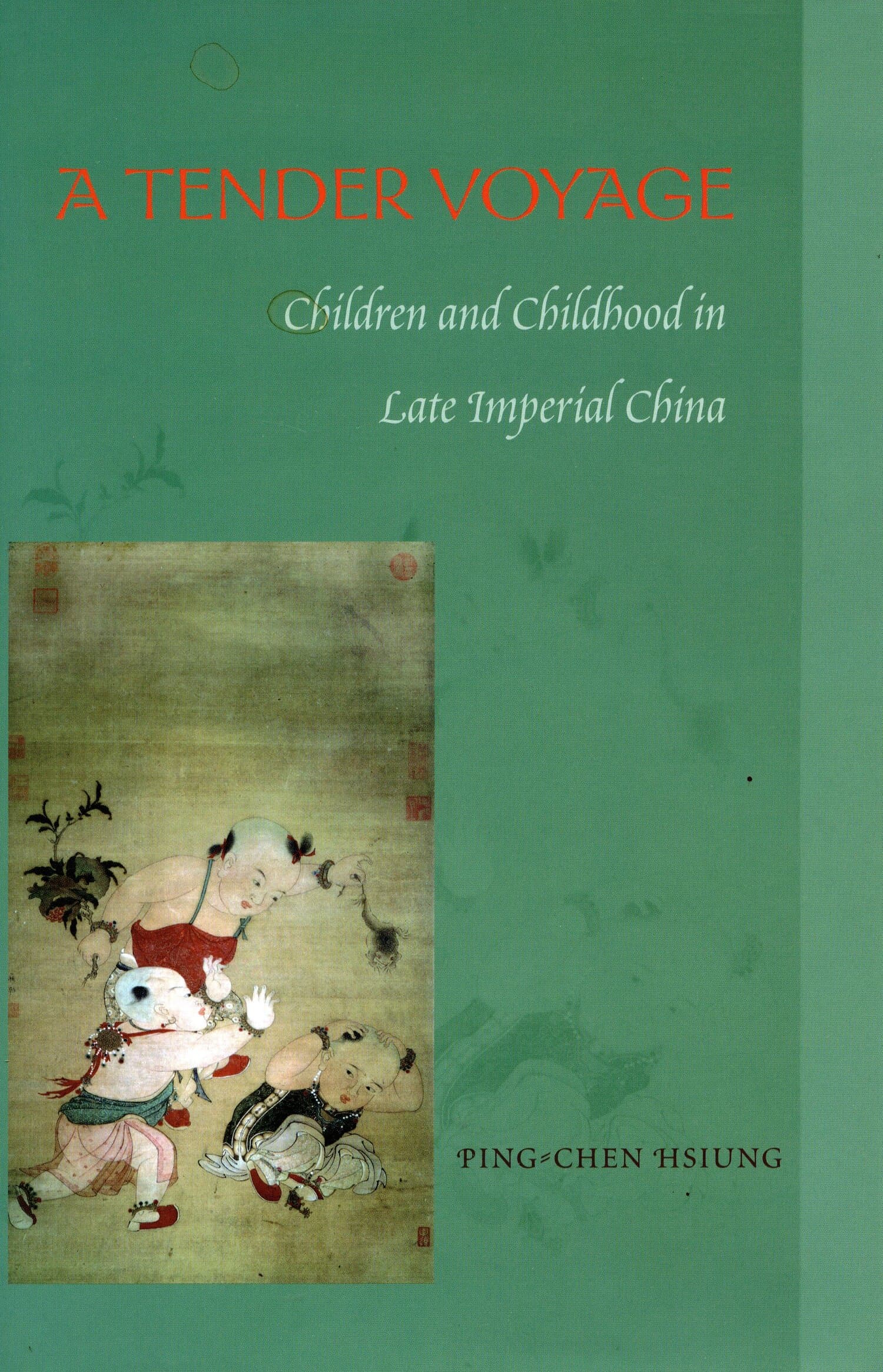Only Hope
Award Winner
2005: Francis L. K. Hsu Book Prize
Winner of the 2005 Francis L. K. Hsu Book Prize, sponsored by the Society for East Asian Anthropology (AAA).

The first generation of children born under China's one-child family policy is now reaching adulthood. What are these children like? What are their values, goals, and interests? What kinds of relationships do they have with their families? This is the first in-depth study to analyze what it is like to grow up as the state-appointed vanguard of modernization. Based on surveys and ethnographic research in China, where the author lived with teenage only children and observed their homes and classrooms for 27 months between 1997 and 2002, the book explores the social, economic, and psychological consequences of the government's decision to accelerate the fertility transition.
Only Hope shows how the one-child policy has largely succeeded in its goals, but with unintended consequences. Only children are expected to be the primary providers of support and care for their retired parents, grandparents, and parents-in-law, and only a very lucrative position will allow them to provide for so many dependents. Many only children aspire to elite status even though few can attain it, and such aspirations lead to increased stress and competition, as well as intense parental involvement.
"Vanessa L. Fong's Only Hope: Coming of Age under China's One Child Policy is an enjoyable read and an informative study of only children in urban China....[T]he main strength of Fong's book lies in the combination of solid survey data with equally solid information gathered through interviews and everyday observations....Fong's book will be of great interest to scholars and graduate students of contemporary China. It will be of particular interest to those who want to learn more about urban China's education system, which is fiercely competitive and demanding."—The China Journal
"...solid scholarship that pushes the boundaries of our understandings of the consequences of extreme fertility control and a highly readable and enjoyable volume."—American Journal of Sociology




